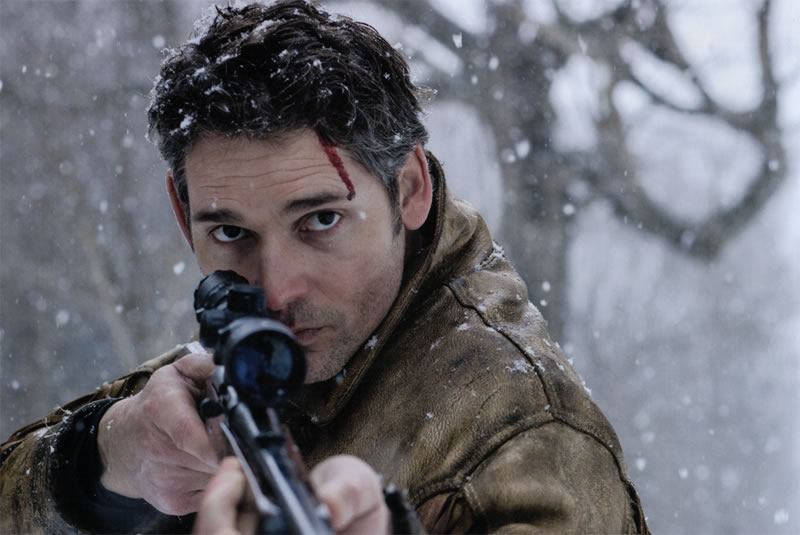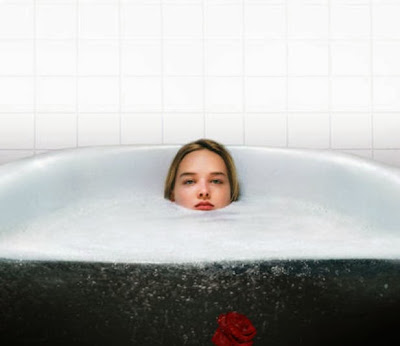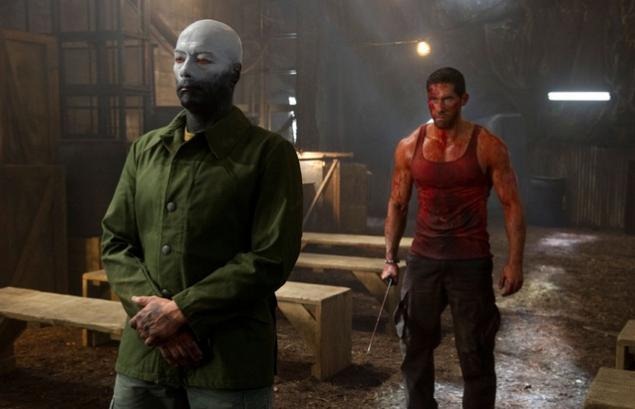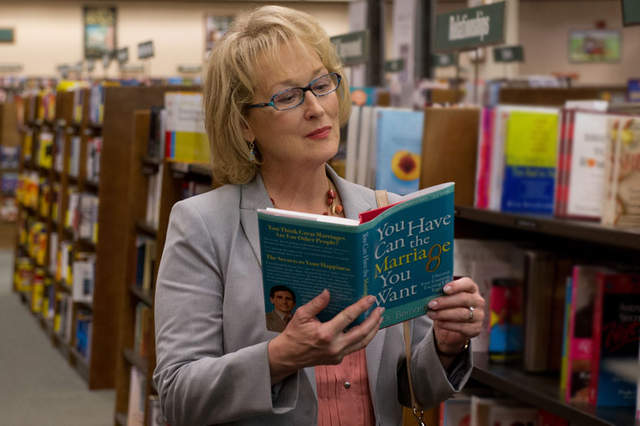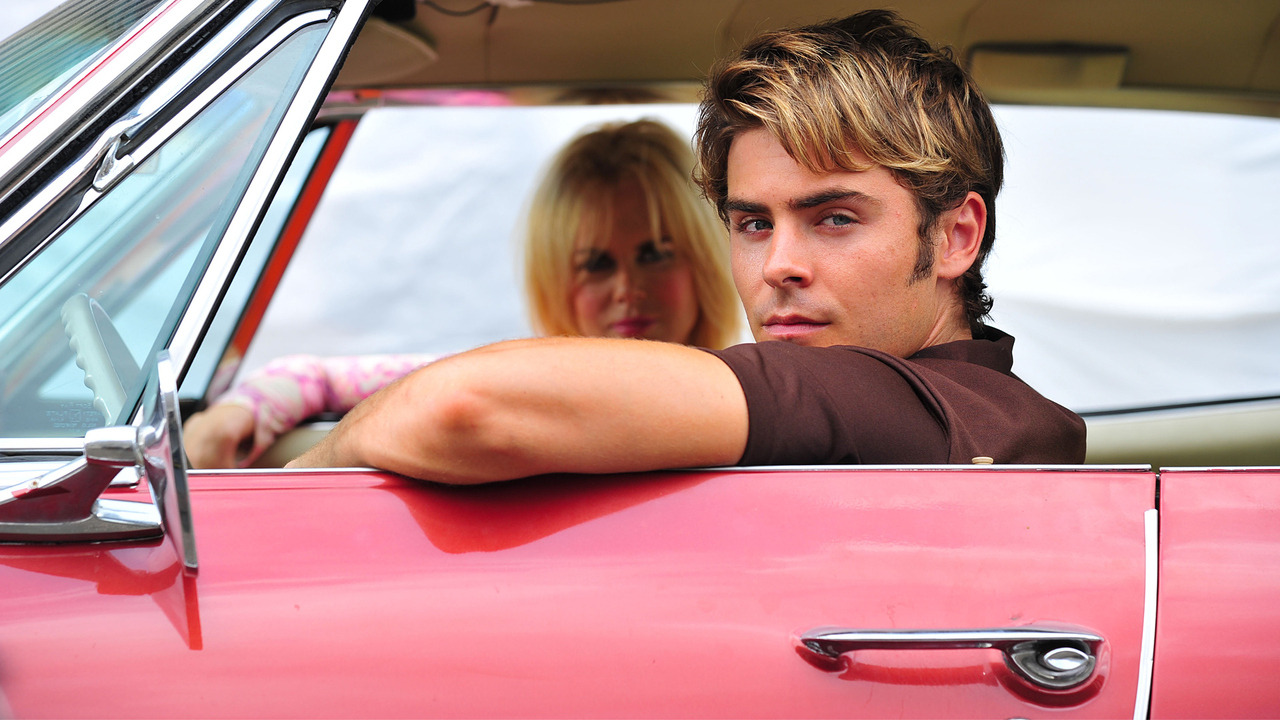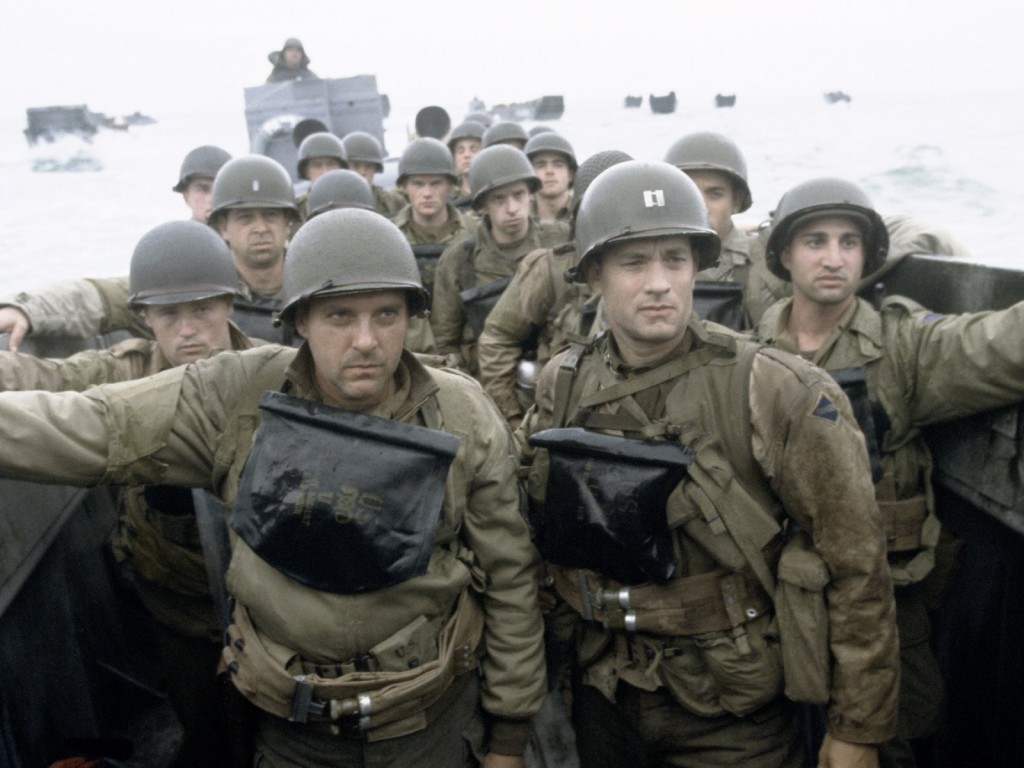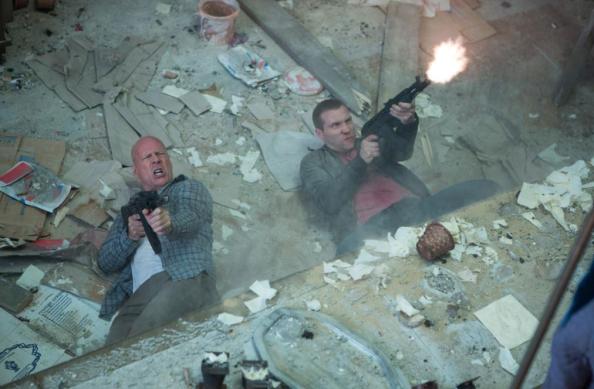Happy Thanksgiving, folks!!! I couldn't let the day pass without an appropriately themed movie, so today you get Deadfall. It's not exactly going to give you the warm and fuzzies, but...well...let's just get into the review...
Directed by Stefan Ruzowitzky.
2012. Rated R, 95 minutes.
Cast:
Charlie Hunnam
Treat Williams
Patrick Kerton
Allison Graham
We meet Liza (Wilde) and her brother Addison (Bana) as they
are riding along a snowy road in the getaway car after a casino heist. Our
movie watching experience tells us that when a movie starts inside a vehicle,
something bad is about to happen. And so, it does. As they tend to, a deer runs
out into the middle of the road, which the driver slams into. We won’t be
seeing either of them again. As for Liza and Addison, they survive. Since the
car did not, they have to find a way to the Canadian border to complete their
escape. Addison decides they will split up. Liza is to hitchhike her way to
someplace safe. He will have the money and call her later tonight to find out
where she is and get there any way possible. As an unsuspecting police officer
who happens upon the crash site learns, killing anyone in the way is certainly
an option for Addison. Something else we learn about him is that his relationship
with his sister is probably a lot different than yours with your siblings. They
take the phrase “keep it in the family” way too literally. Anyhoo, Addison
takes off through the woods, taking a chance he’ll freeze to death, while Liza
manages to get a ride from Jay (Hunnam). Unbeknownst to her, Jay has not only
just gotten out of prison, but he is also on the run. Of course, they discover
they kind of like one another. Hmmm, wonder what Addison thinks of all this. We
find out over a rather tense Thanksgiving day feast.
The movie alternates between Addison’s countryside adventure
and Liza’s road trip with Jay. It also lets us get to know Jay’s parents: his
loving mom June (Spacek) and his grouchy dad Chet (Kristofferson) who won’t
speak to him. Local cop Hannah (Mara), who grew up with Jay and now works under
her overbearing father Sherrif Becker (Williams), is also in the mix. With all
of this going on, Deadfall manages not to feel cluttered.
It ably bounces around the various subplots and keeps them well tethered to the
larger narrative. The motivations of each person is revealed in no uncertain
terms. Within each, a different aspect of family dynamics plays out.
Unfortunately, this also renders them all rather flat. We get the idea we know
what any of them are going to say before they actually speak.
Addison is the one person who manages to escape the trap of
predictability. Sure, his ultimate goal is transparent, but he gives us
surprises along the way. This makes whatever is going on with him the most
interesting thing in the movie. Eric Bana has some issues with his southern
accent, his character is from Alabama, but is otherwise great. We get that this
is a guy with a warped sense of morals. It is certainly understood that his
screws are rolling around unfastened to anything in his noggin.
The elders in the cast:
Spacek, Kristofferson, and Williams are all excellent. Spacek is particularly
good. Where her male cast mates all huff and puff through much of the movie,
she gives a very nuanced performance. Our pair of instant lovers doesn’t fare
as well. Olivia Wilde is actually solid, giving off enough naivete to sell her
roll. Unfortunately, she shares most of her scenes with Charlie Hunnam. He
gives the type of performance that makes it difficult to believe he has a
pulse.
What Deadfall has going most for it is the
way it all comes together at the end. Leading up to the finale things are a bit
uneven. It’s fun when Bana is on the screen and the dynamics betwee the various
characters works. During our time with the lovebirds the movie doesn’t sizzle
the way it wants. However, from the moment Bana shows up in Spacek’s kitchen,
the tension is ramped up and carries us through the third act. The actual
ending is on the predictable side, but it works. It takes the movie from being
one we could go either way on to the one that’s not too bad.
MY SCORE: 6.5/10

